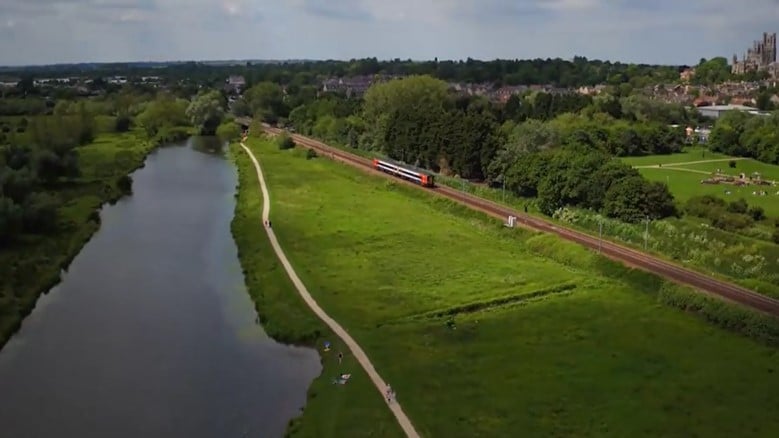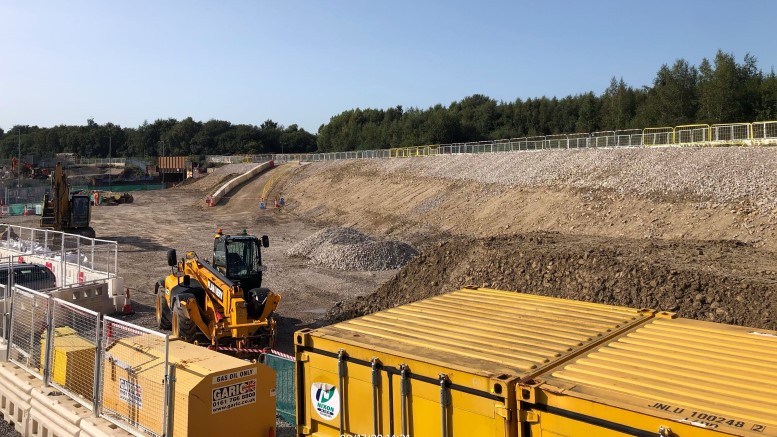
The Ely area capacity enhancement (EACE) programme is a Network Rail proposal to upgrade the railway and allow more trains to run through Ely. It aims both to improve connectivity and reliability for passenger services and to meet the demand for more rail freight between the Port of Felixstowe, the West Midlands and the North, to support sustainable, long-term economic growth.
For passengers, the EACE programme proposes to increase capacity through Ely to 11 train paths per hour in each direction. This capacity will be used by up to 10 train services – the existing Norwich-Liverpool service will continue to use two paths as it arrives and departs Ely over the same section of track.
To take the proposal further, Network Rail has secured sufficient funding – £13.1 million from the Department for Transport and £9.3 million from the Cambridgeshire and Peterborough Combined Authority, New Anglia Local Enterprise Partnership (LEP) and the Strategic Freight Network – to understand the scale of the challenge in increasing capacity through Ely.

A public consultation, which will be run through an online web-portal due to COVID-19 restrictions, will take place for six weeks from 21 September until 1 November. There will also be opportunities to speak to project representatives via webchats at specific times throughout the consultation period, as well as by phone.

Ellie Burrows, Network Rail’s route director for Anglia, said: “It is important that we provide opportunities to engage with the communities that are impacted by our work as it develops.
“It is even more important that we listen to people and gather their views to help inform our development and design process.
“By starting these discussions early, we hope to embark on this journey with the community and progress these proposals together, finding the right solution for the railway and for Ely.”

Future stages of the EACE programme, including further public consultation activities later in 2021 and the submission of consents, is subject to securing additional funding from the Department for Transport following its Rail Network Enhancements Pipeline (RNEP) process.





Be the first to comment